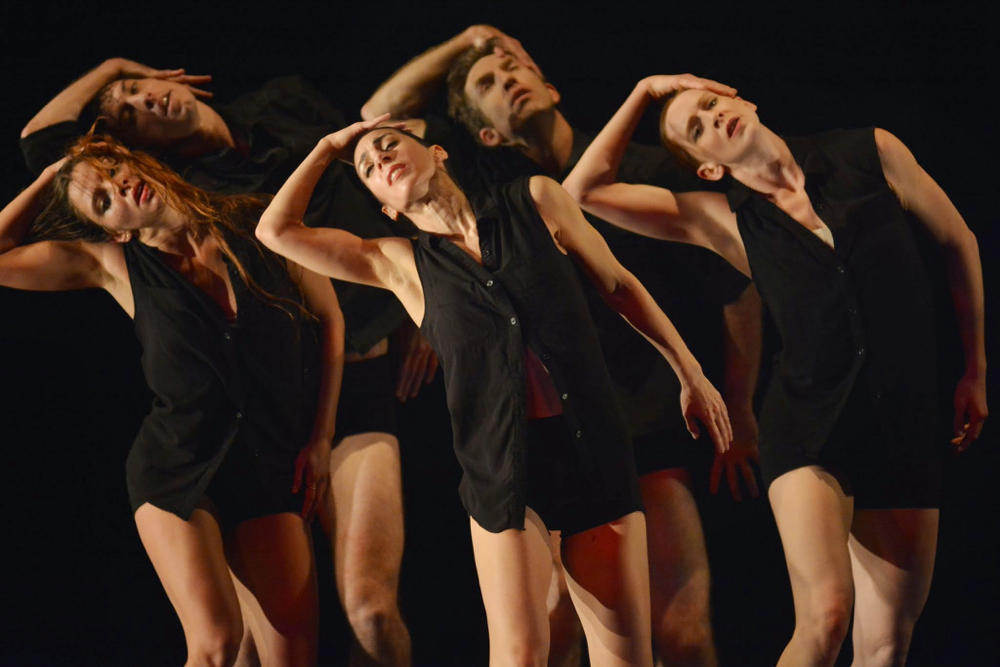“I was raised in the Missouri Ozarks. [When it comes to matters of North & South,] I felt like an outsider with familiarity of both perspectives. That juxtaposition of legacy & progress,” says House of Sparrows composer Steven Snowden when you ask him why approaching the topic of the Civil War in his work interested him.
“Prior to this project, I knew about as much as anyone else about the Civil War…But this project, as David [Shimotakahara] has also stated, is not about big gory battles or even the issues that led to the fighting. Our work will tell the story of those personal experiences during wartime that depict the psychological state of those people that were wrapped up in events by just living in a particular place in time.”
Even the title of the work leads us away from the incidents & into the personal narrative: “The house is the metaphor for the self, this idea of place & the role of the home.” Both Snowden & Shimotakahara were drawn to images from the Library of Congress that focus on the home & showcase a time in our history when that notion of its permanence were challenged.

That theme is beginning to take shape. Presently, Snowden & Shimotakahara are “collaborating a more fluid manner than I have experienced before when it comes to composing for dance,” Snowden says. He is currently reviewing clips from GroundWorks rehearsals in order to discern which way to take the musical aspect of the performance.
“We’re in the nitty-gritty of it now,” he laughs, “David has choreographed quite a few sections. He will send me video clips while I send him audio clips & descriptions to respond to…We’ve moved out of the concept phase into the creation of the work where we are now blocking out section by section.”
“I watch the choreography over & over – looking for different details to find what inspires me musically. Both through the movement as well as the way [David & I] have agreed upon the atmosphere of the piece…I’m very intrigued by what he’s sending me. It’s a simple thing to say, but I like the clips I’m seeing.”
“Ultimately, it’s about this concept of one’s reality & how fleeting it can be. The things that you had grown accustomed to & were comfortable with. During the Civil War, lives could be completely upended – & oftentimes were.”
“150 years might seem like a long time, but it’s really not. We are still suffering the effects of the Civil War today. I think that’s really visible in a lot of the things that are going on in the news right now. Many of the issues that brought on the Civil War are still things that we face as modern issues. It changed our country forever.”
Hear some of Steven’s audio clips (& see his collaborative notes to David on them) here & be sure to get your tickets for our March performances at EJ Thomas Hall & The Breen Center for Performing Arts!

